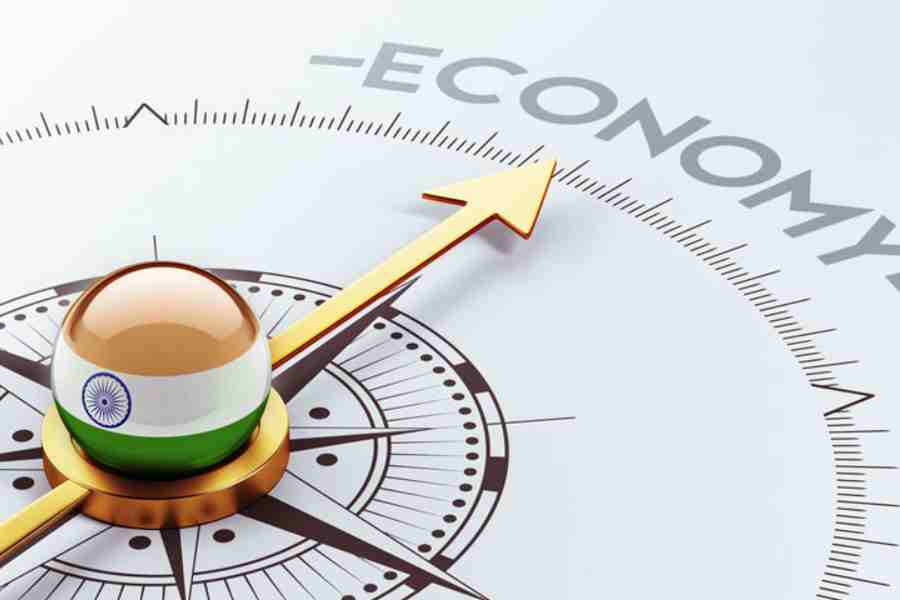Moody's Analytics on Friday projected India's economy to expand 6.1 per cent in 2024, lower than 7.7 per cent growth clocked in 2023.
It said output in India remains 4 per cent lower than it would have been without the COVID pandemic and its various aftershocks -- from supply snags to military conflicts abroad.
"Economies in South and Southeast Asia will see some of the strongest output gains this year, but their performance is flattered by a delayed post-pandemic rebound. We expect India’s GDP to grow 6.1 per cent in 2024 after 7.7 per cent last year," Moody's Analytics said.
In its report titled 'APAC Outlook: Listening Through the Noise', Moody's Analytics said the region overall is doing better than other parts of the world. The APAC (Asia Pacific) economy will grow 3.8 per cent this year, which compares with a growth of 2.5 per cent for the world economy, it said.
Moody's Analytics said looking at GDP relative to its trajectory prior to the pandemic shows that India and Southeast Asia have seen some of the largest output losses worldwide and are only beginning to recover.
With regard to inflation, it said the outlook for China and India is more uncertain.
"Inflation in India is at the opposite extreme, with recent consumer price inflation rates hovering around 5 per cent, close to the upper end of the Reserve Bank of India's target range of 2 to 6 per cent and without clear evidence of a trend towards slowing price pressures," said the report authored by Stefan Angrick, Senior Economist, and Jeemin Bang, Associate Economist at Moody's Analytics.
Earlier this month, the Reserve Bank said food price uncertainties continue to weigh on the inflation trajectory going forward, and retained 4.5 per cent retail inflation projection for the current fiscal 2024-25.
Continuing geopolitical tensions also pose upside risk to commodity prices and supply chains, RBI said.
RBI forecast June quarter inflation at 4.9 per cent and September quarter at 3.8 per cent.
For December and March quarters, inflation is projected at 4.6 per cent and 4.7 per cent, respectively.
Except for the headline, this story has not been edited by The Telegraph Online staff and has been published from a syndicated feed.











